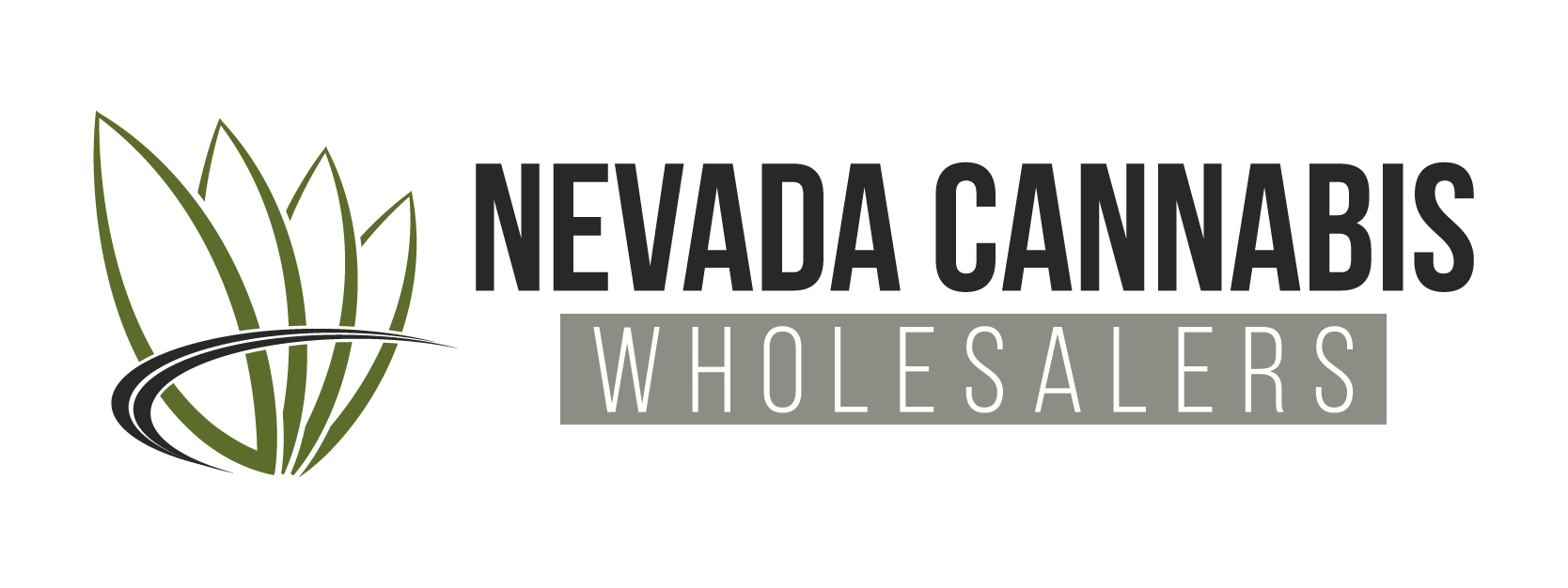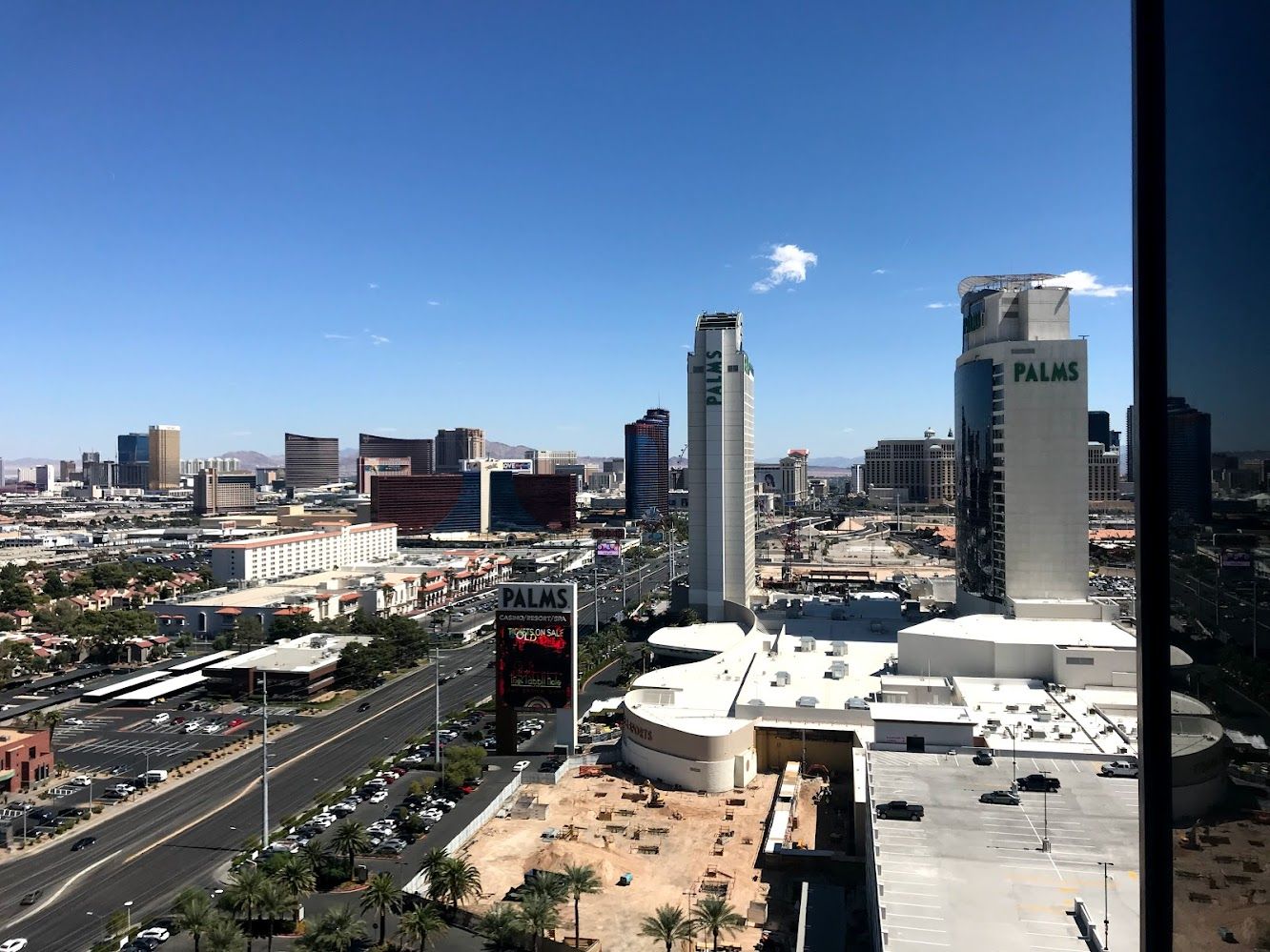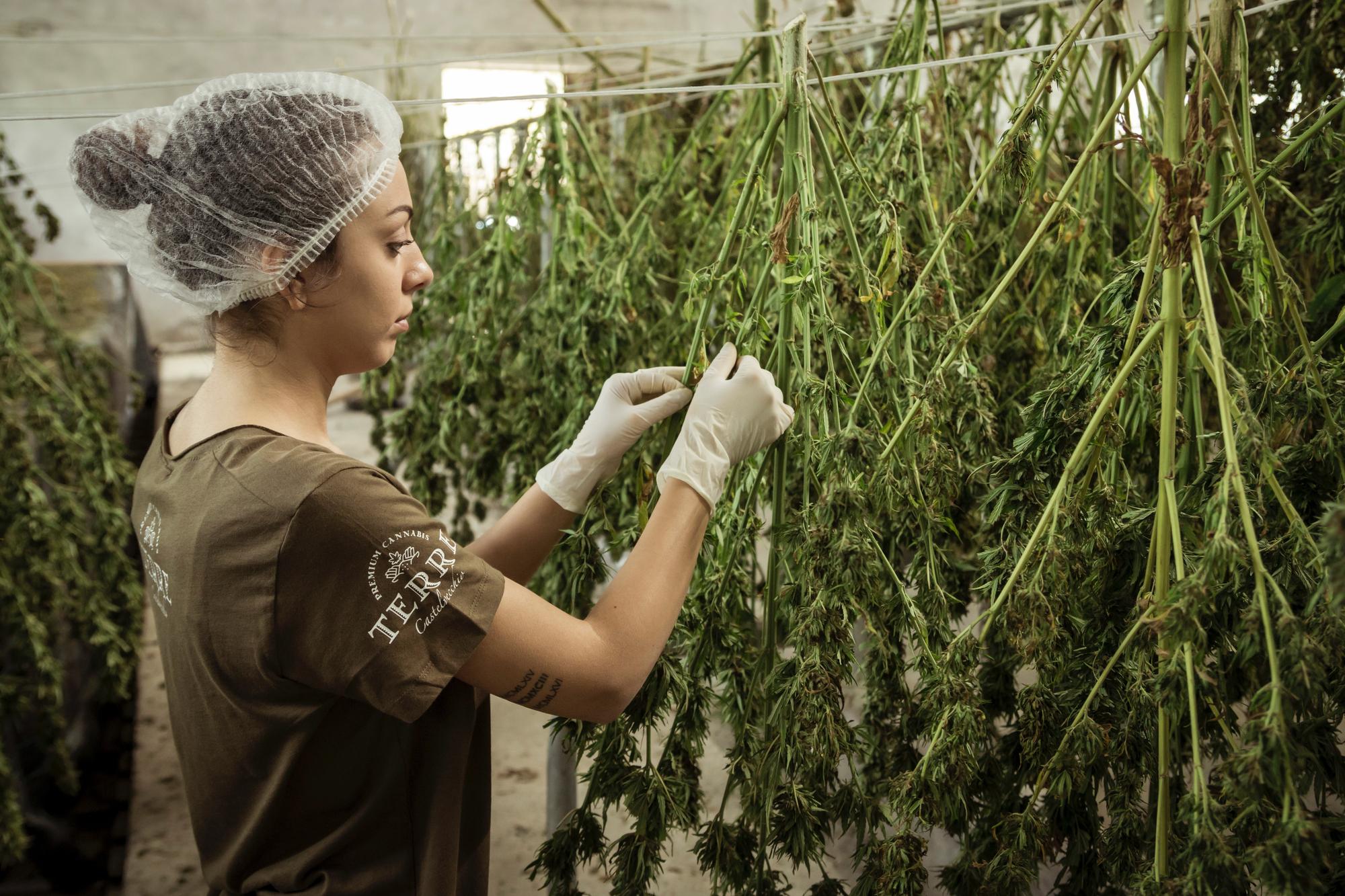
-
Seasonal Trends Retailers and Consumers Should Know
Read more: Seasonal Trends Retailers and Consumers Should KnowNevada’s cannabis availability follows a rhythm set by tourism cycles, industry “holidays,” and heat. Demand reliably swells around 4/20 and, to a lesser extent, 7/10,…
Our Blog
Discover Our Latest Posts
-
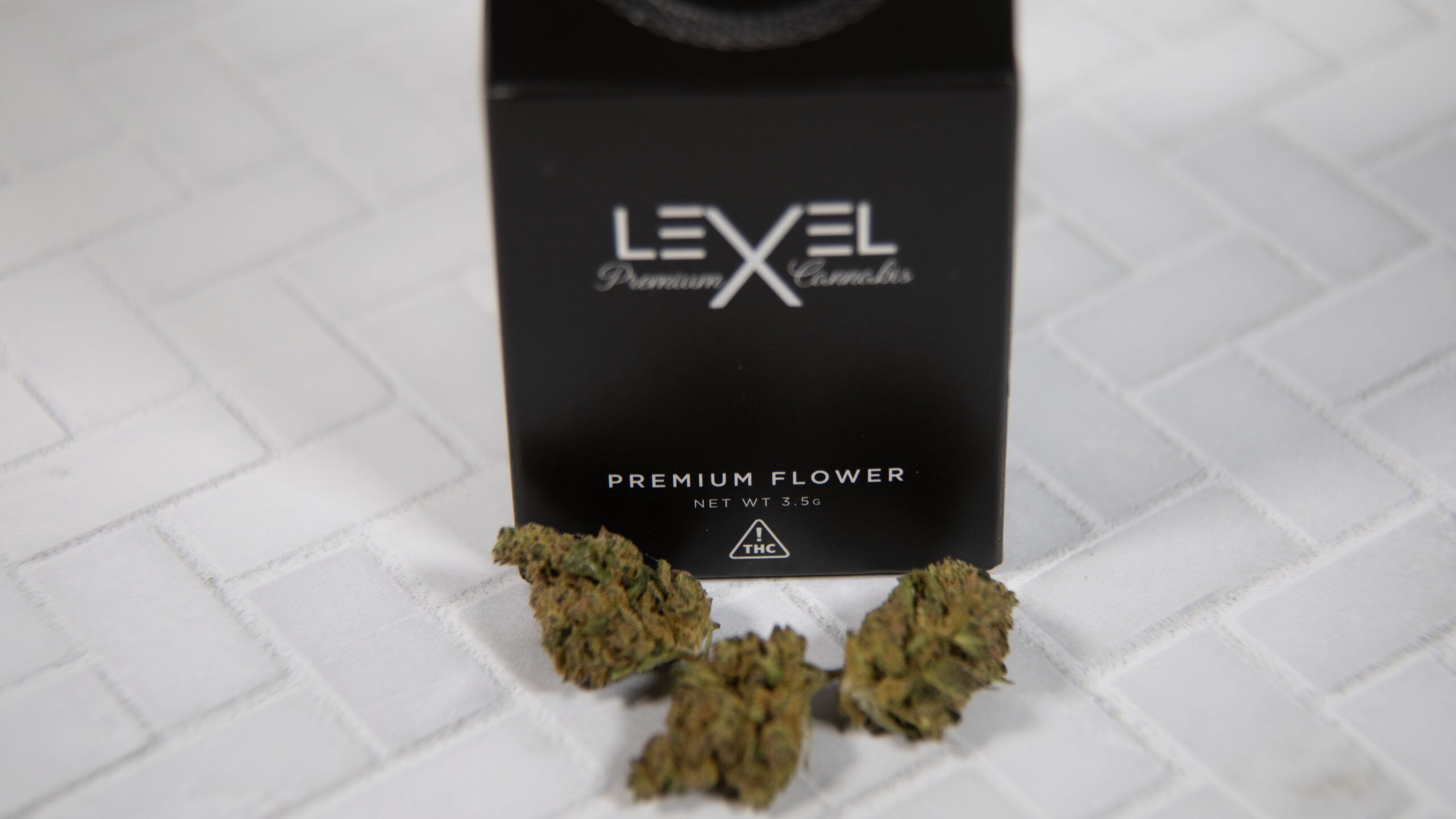 Read more: Seed-to-Sale Oversight: Protecting Wholesalers and Consumers
Read more: Seed-to-Sale Oversight: Protecting Wholesalers and ConsumersSeed-to-Sale Oversight: Protecting Wholesalers and Consumers
In the rapidly evolving cannabis industry, compliance and transparency are not just requirements—they are cornerstones… Read More
-
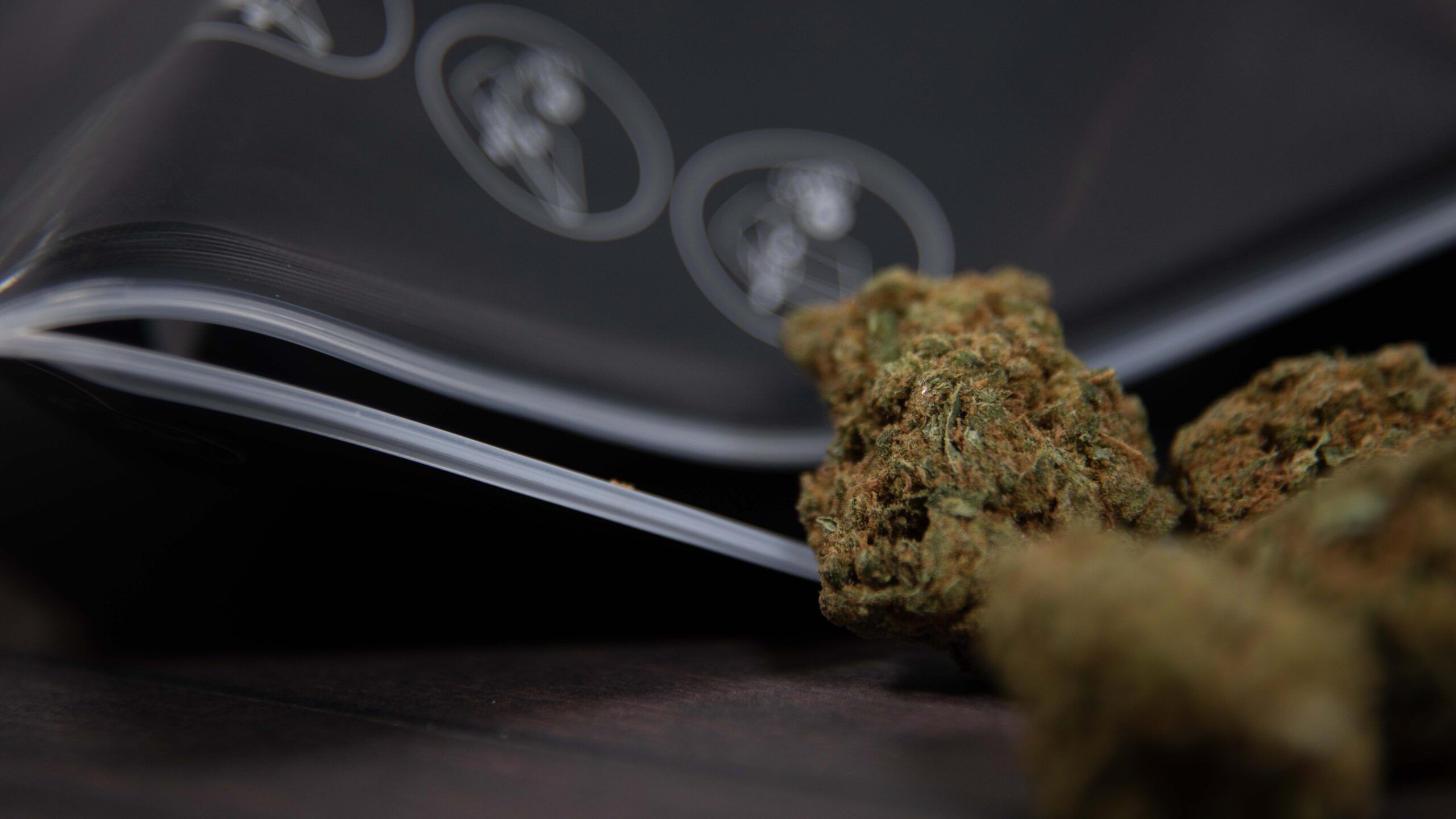 Read more: Indoor vs. Outdoor in Nevada Wholesale: What Buyers Really Choose
Read more: Indoor vs. Outdoor in Nevada Wholesale: What Buyers Really ChooseIndoor vs. Outdoor in Nevada Wholesale: What Buyers Really Choose
In Nevada’s wholesale cannabis market, the question of whether wholesalers prefer indoor or outdoor flower… Read More
-
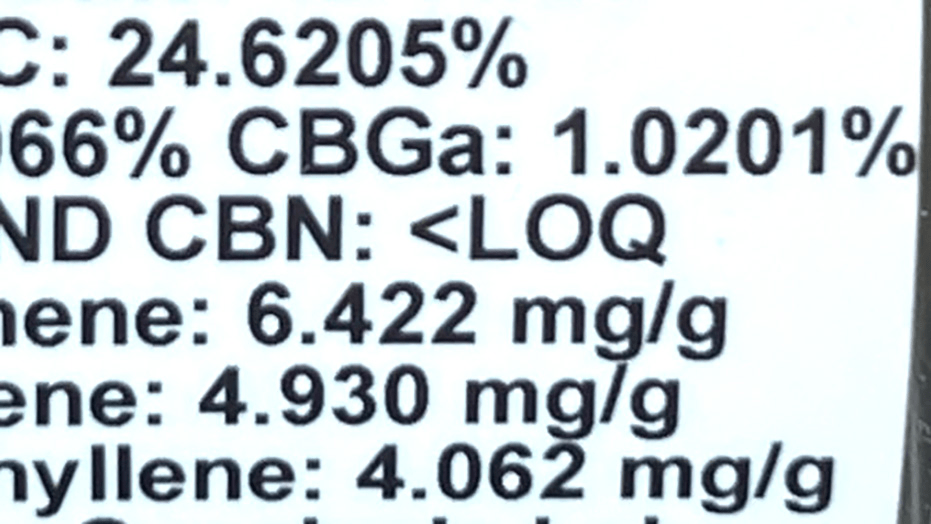 Read more: Managing Compliance in Nevada’s Cannabis Supply Chain
Read more: Managing Compliance in Nevada’s Cannabis Supply ChainManaging Compliance in Nevada’s Cannabis Supply Chain
In Nevada, cannabis wholesalers face a highly regulated environment overseen by the Cannabis Compliance Board… Read More
